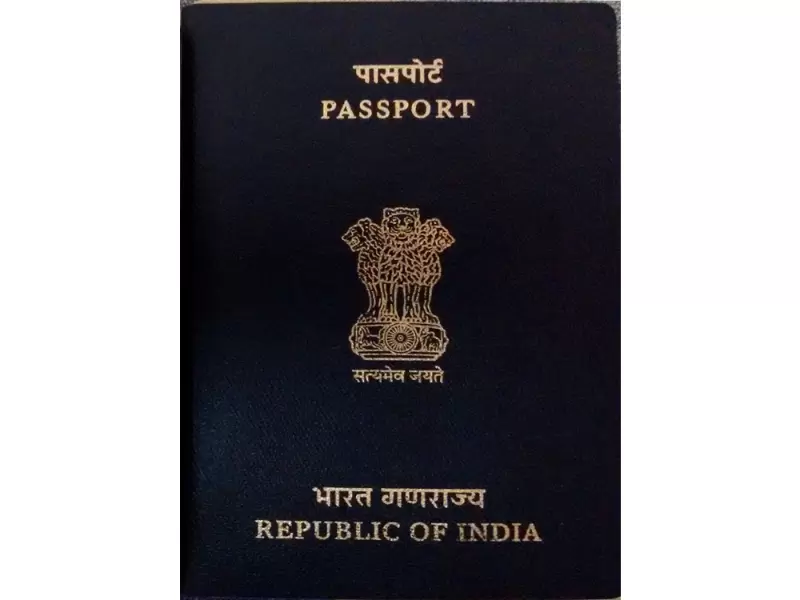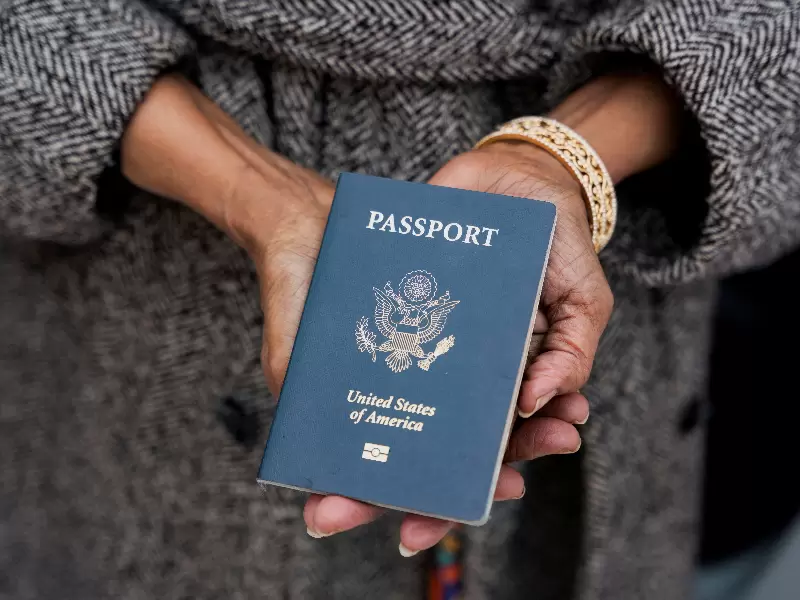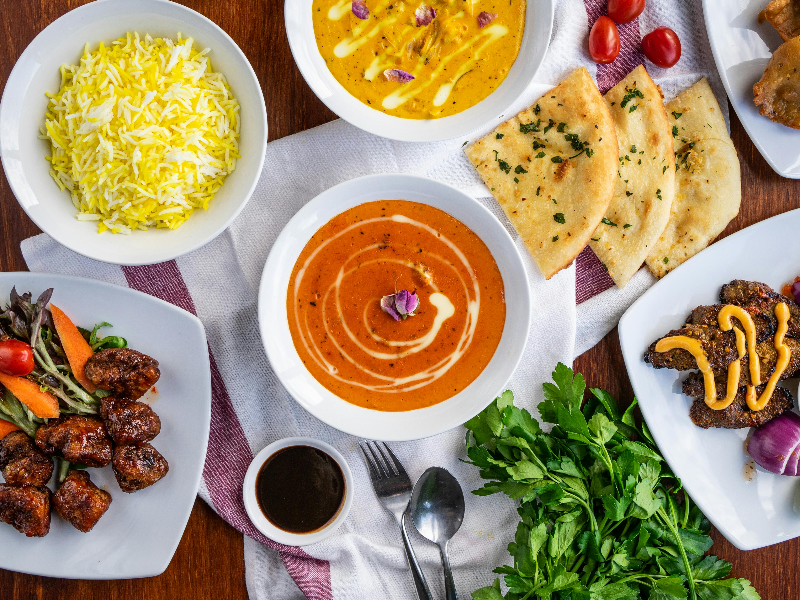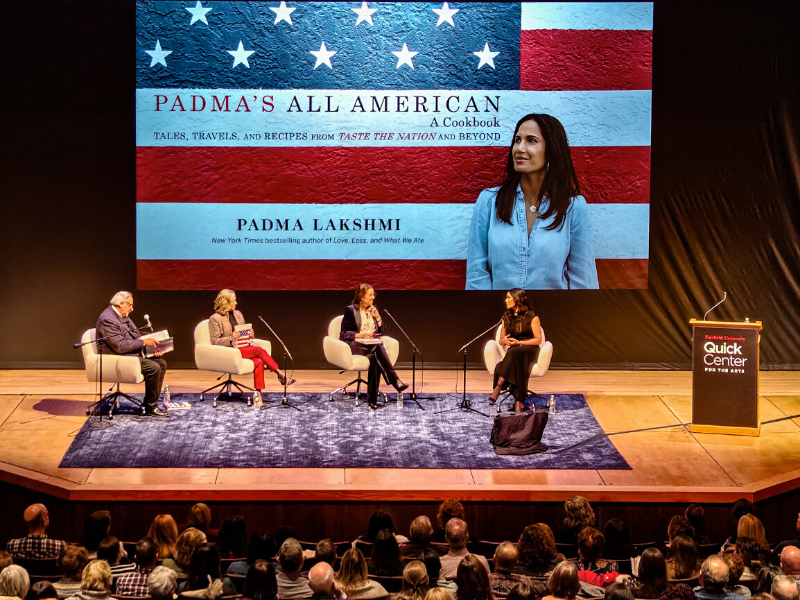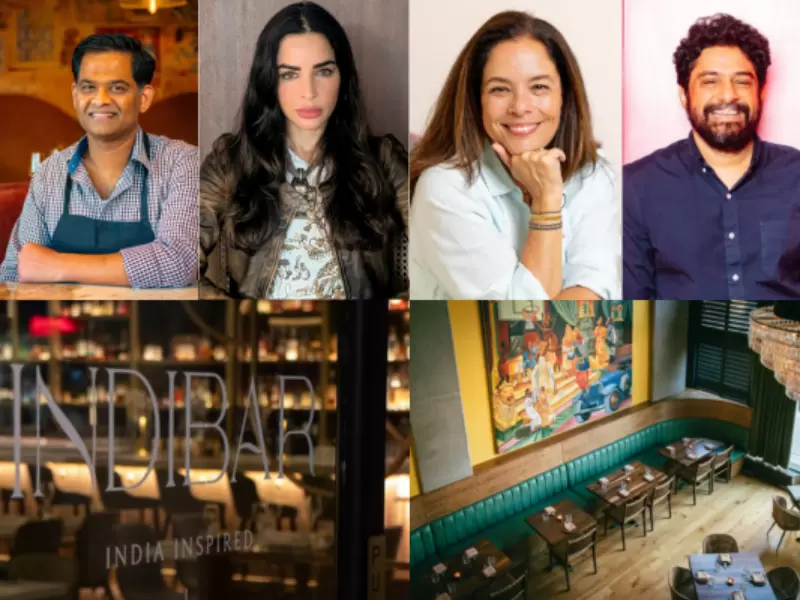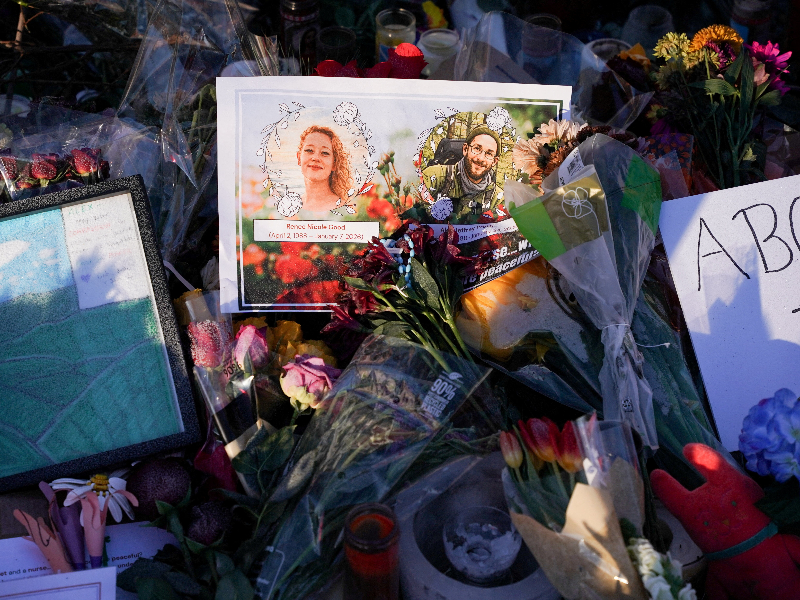ADVERTISEMENT
POP
See MoreCommunity
See MoreFirst Uttar Pradesh Diwas celebration held in NJ
UP CM Yogi Adityanath sent a virtual message to the state’s diaspora to mark the occasion.
-
The Indian Consulate hosted the India Pavilion, offering visitors a vibrant window into India’s tourism and cultural landscape.
-
The international meet examined identity, migration and transnational ties among Indian diaspora communities worldwide.
-
The Republic Day observance included the Indian national anthem and an address by Dr. Thomas Abraham, chairman of GOPIO International.
ADVERTISEMENT
Videos
View AllOpinion
See MorePeople
See MoreIndian Americans to lead Institute of Medicine of Chicago
The century-old organization said the changes come amid an expansion of its public health work.
-
Often revered as the Bhishma Pitamah of Lucknow theatre, Dr. Rastogi has been central to the city’s cultural life.
-
Parekh has led over 6,000 robotic cancer surgeries and advanced multidisciplinary urologic care.
-
Sharma will be honored at the society’s annual ceremony on Feb. 9.
ADVERTISEMENT
Entertainment
See More
The ‘Umbrella’ hitmaker shared an Instagram Reel of highlights that appeared to be from that period, reports ‘People’ magazine.
-
Dadlani shared that one should make every single moment of our short life count and not lie to ourselves.
-
One of the photos from the album also showed PeeCee smiling from ear to ear as Malti wrote her name...
-
The actress was seen dancing her heart out to her...
-
On the work front, Dhanush has a number of projects...
-
ADVERTISEMENT
Immigration
See More-
Immigration attorney Neumann warned H-1B visa holders presently in the U.S. against travelling to India for stamping.
-
The DHS characterized the incident as an attack, saying a Border Patrol agent fired in self-defense after a man approached...
-
Indian travellers enjoy visa-free access across parts of Southeast Asia,...
-
"We're also going to revoke the citizenship of any naturalized...
Food
See More-
The online marketplace has grown through digital commerce driven by demand for accessible Indian products in the U.S. since its...
-
The Indian-American author and TV host discussed her show Taste the Nation and her new book at the university event.
-
The online marketplace has grown through digital commerce driven by demand for accessible Indian products in the U.S. since its...
-
The restaurant will soon begin serving the buffet daily from...
-
The chef added that beyond the food, what left a...
-
Kapur attributed unhealthy outcomes largely to lifestyle choices.
-
The restaurant aims to bring Italian-American classics to the Metroplex
-
The clip has put the Indian snack brand in the...
SPORTS NEWS
See MoreHarris smashed a fluent 75, while Mandhana anchored the innings...
Rahul is set to represent Karnataka in a Ranji Trophy...
Devine once again operated with precision under pressure, using the...
After an initial slow start to the tournament on Jan....
News
See More-
ADVERTISEMENT
Please enter something
- Asian Americans
- Biz
- Books
- Canada
- Community
- Culture
- Dating
- Diplomacy
- Diwali
- Editor picks
- Editorial
- Explainers
- Fashion
- Features
- Food
- Immigration
- India
- India Decides '24
- India Independence Day
- Letters to the Editor
- Life
- Maha Kumbh
- Movies+
- News
- Opinion
- People
- Ram Mandir
- Reviews
- Rooted and Roaming
- Sports
- Spotlight
- Tech
- Travel n’ Diplomacy
- Trump 2.0
- UK Votes 2024
- US Elections 2024
- USA
- West Coast












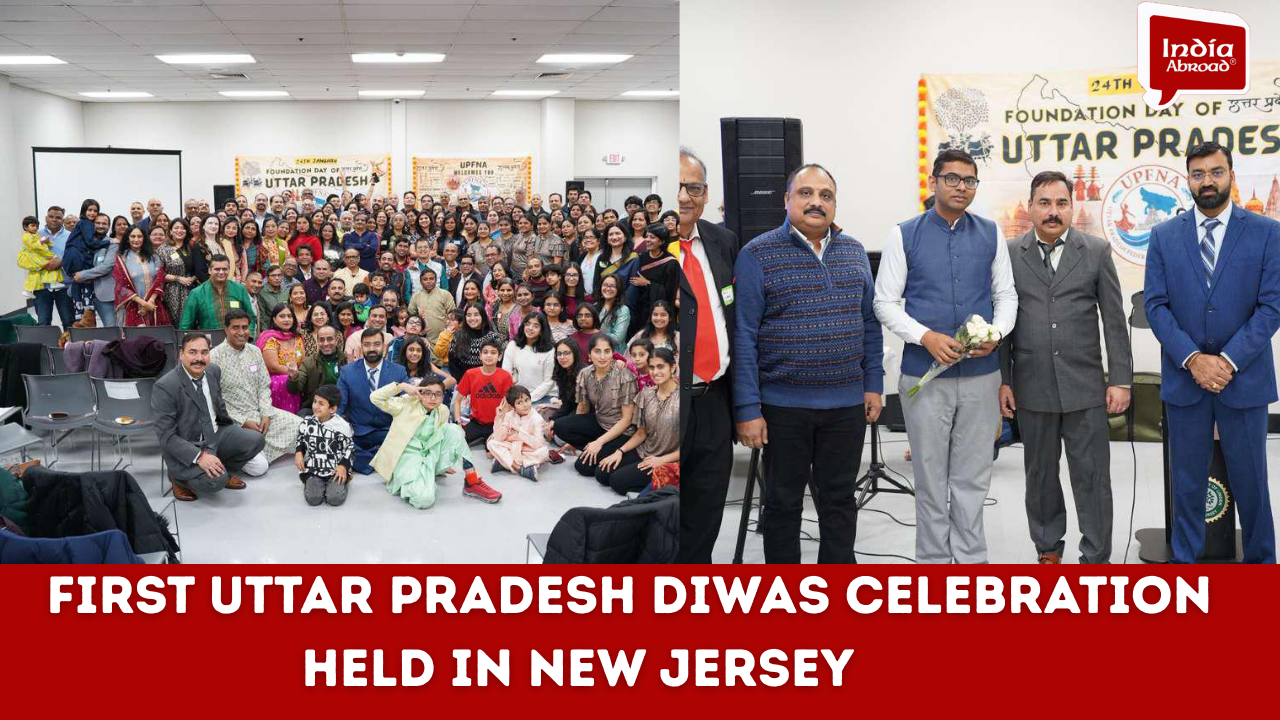


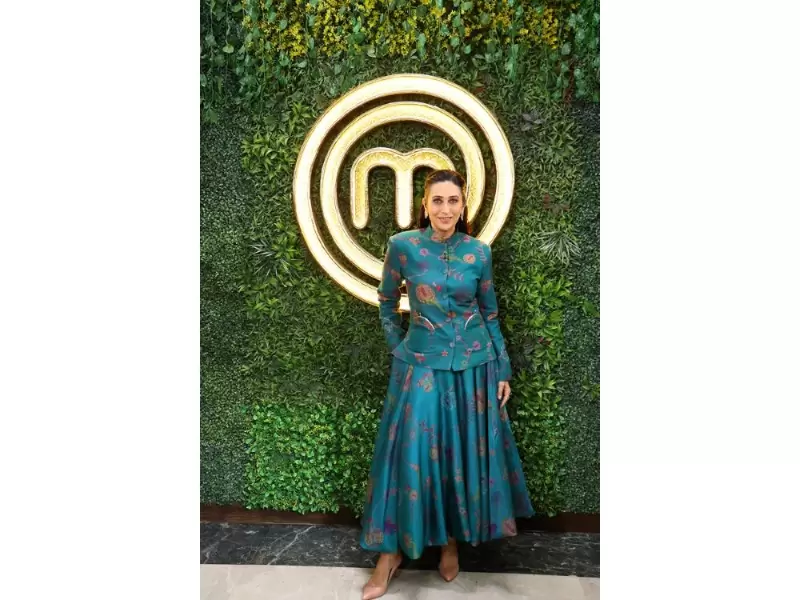

.png)
